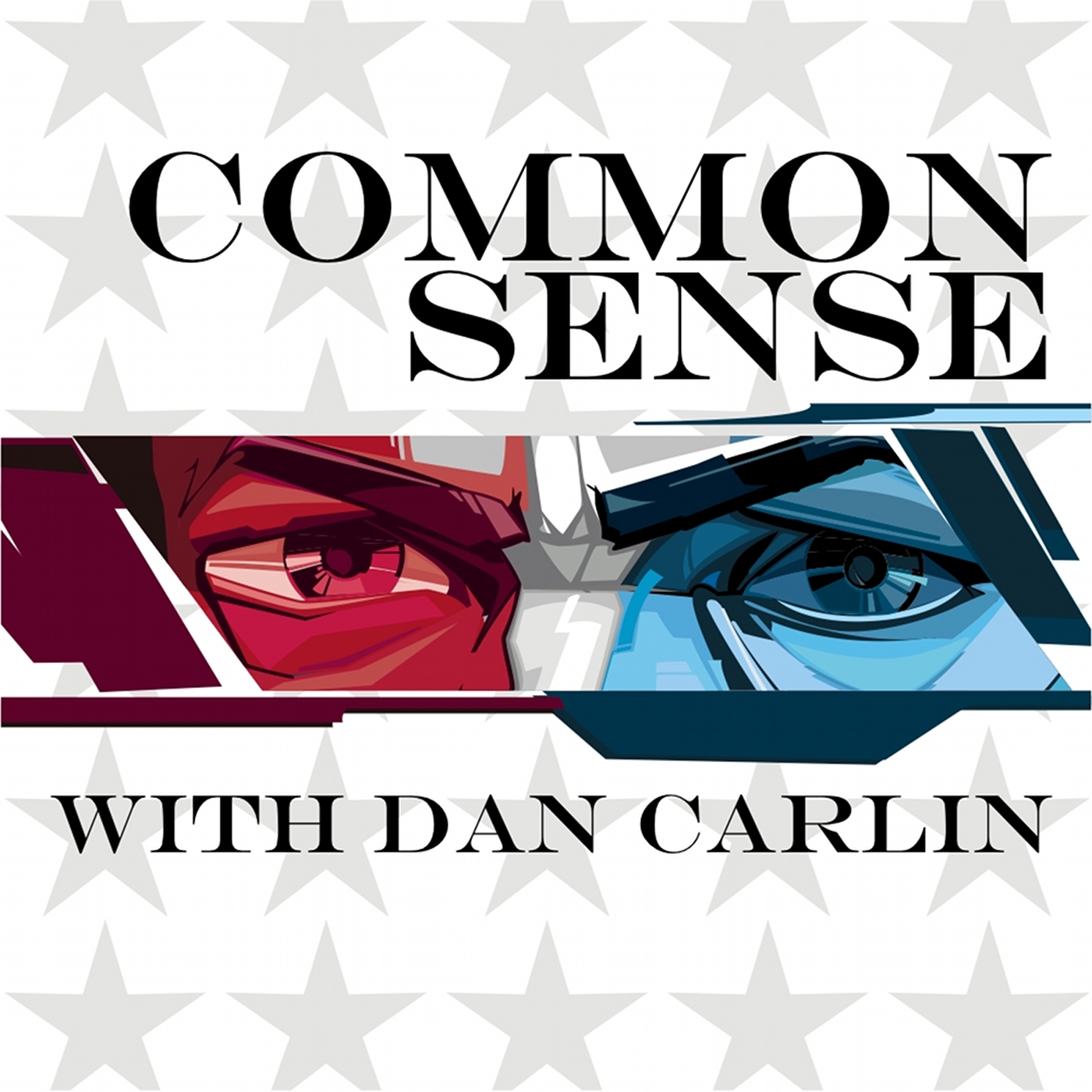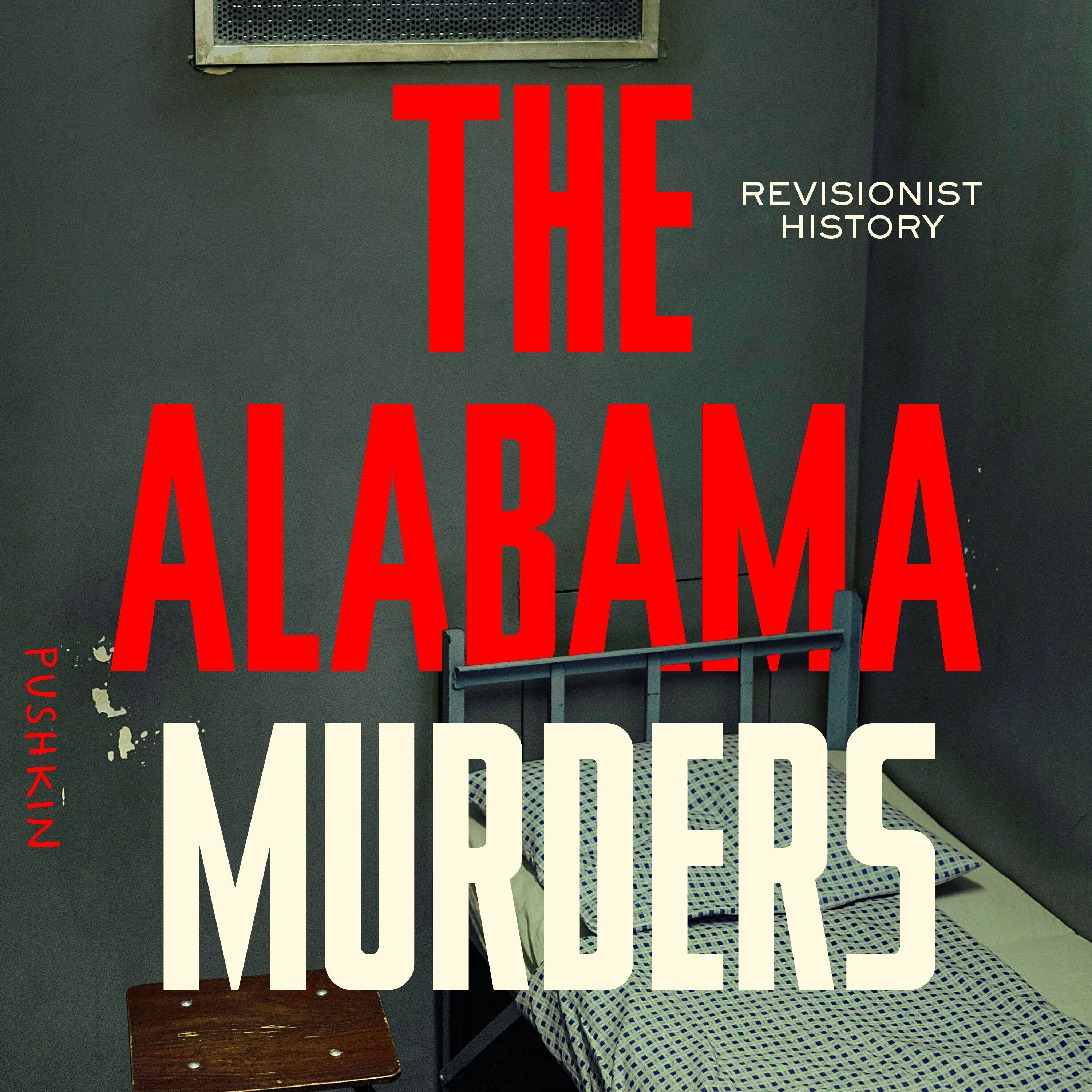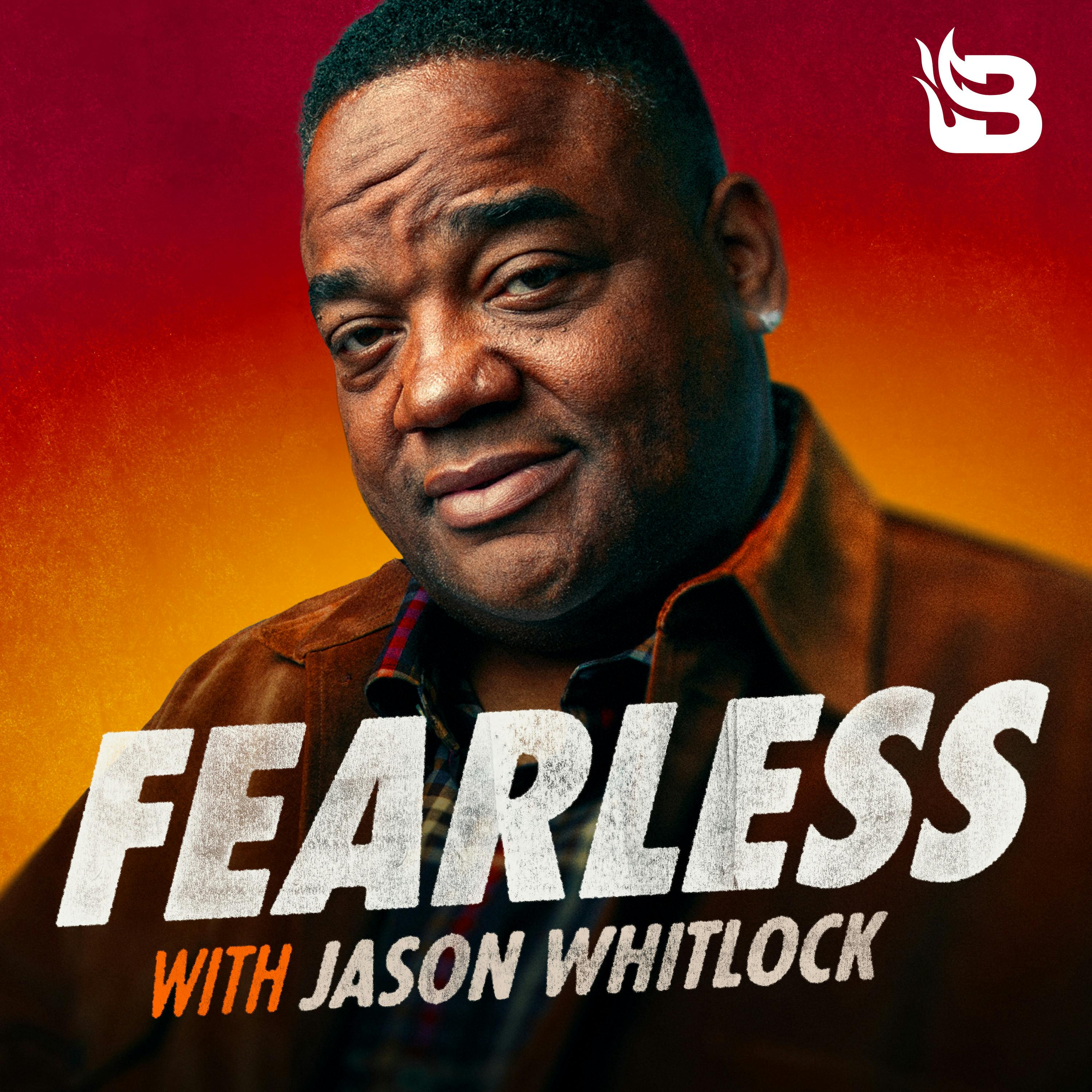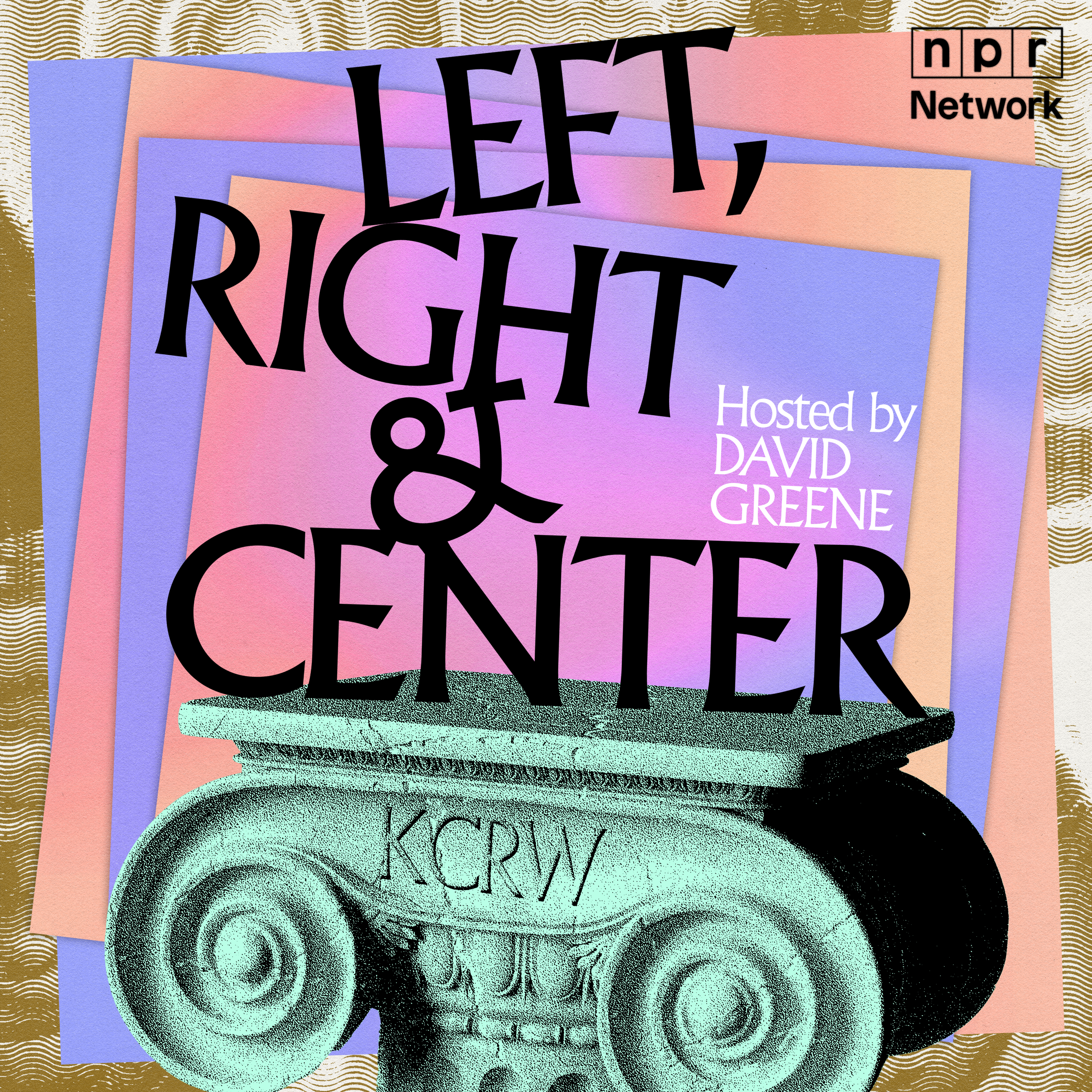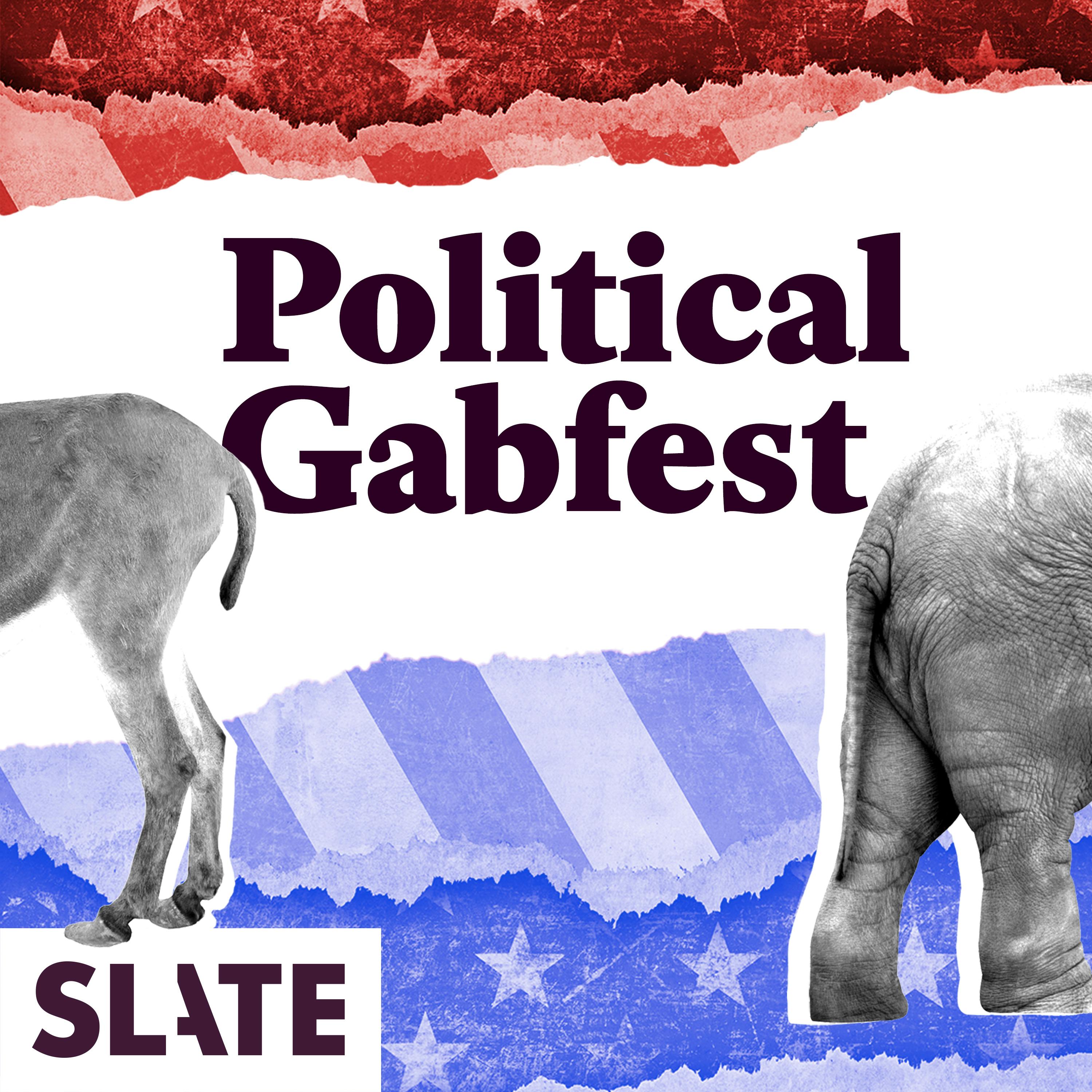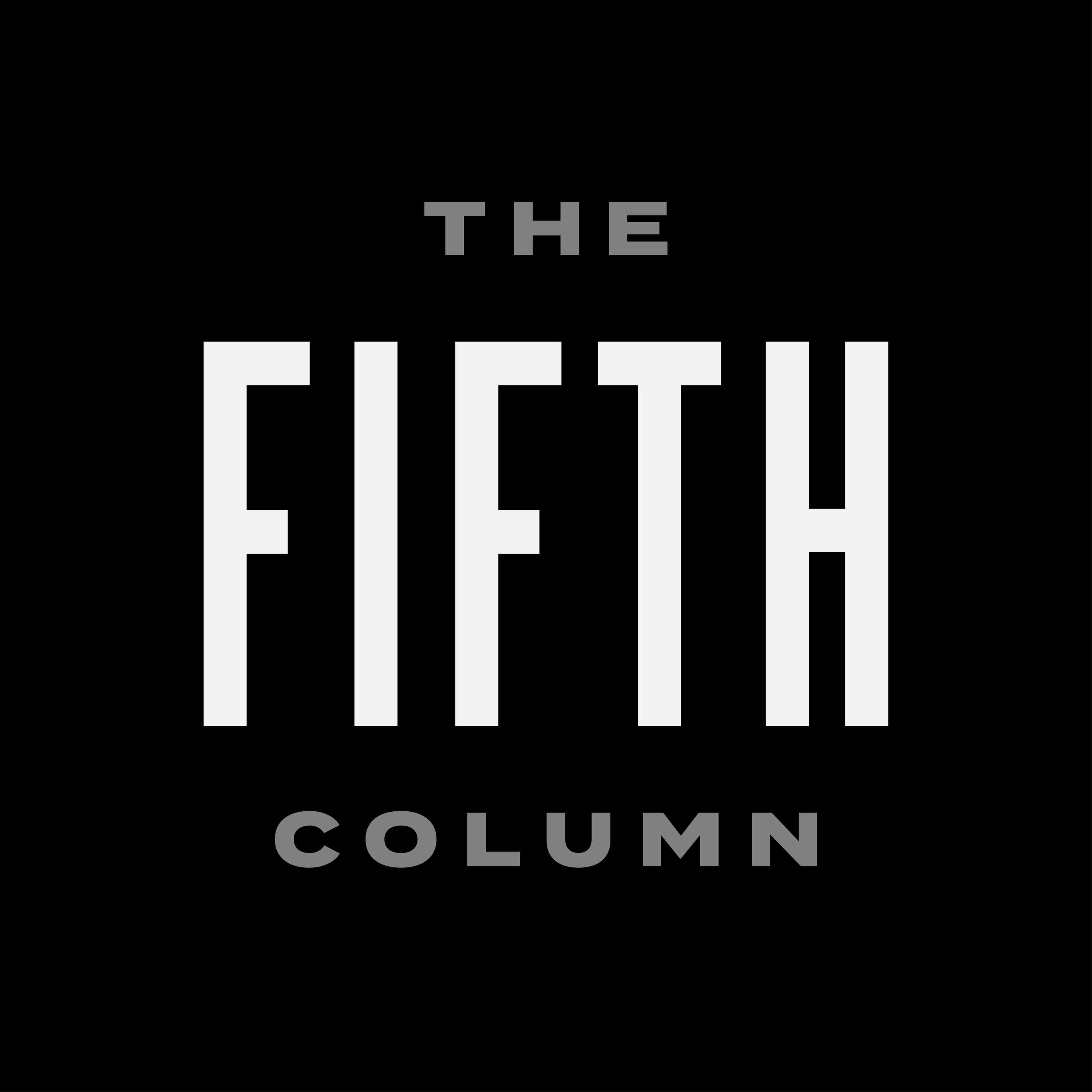
Think First with Jim Detjen
Think First is a short-form podcast that makes you pause — before you scroll, share, or believe the headline.
Hosted by Jim Detjen, a guy who’s been gaslit enough to start a podcast about it, Think First dives into modern narratives, media manipulation, and cultural BS — all through the lens of gaslighting and poetic truth.
Some episodes are two minutes. Some are ten. It depends on the story — and the energy drink situation.
No rants. No lectures. Just sharp questions, quick insights, and the occasional laugh to keep things sane.
Whether you’re dodging spin in the news, politics, or that “trust me, bro” post in your feed… take a breath. Think first.
Visit Gaslight360.com/clarity to sharpen your BS filter and explore the 6-step clarity framework.
Think First with Jim Detjen
Freedom of Religion · Not from It
The Founders didn’t design a godless republic — they protected a free one. In this episode, we unravel the modern distortion of “freedom of religion” and expose how media, culture, and institutions have twisted the Founders’ intent. Was it about protecting the government from religion… or protecting religion from the government?
From Jefferson’s wall to Washington’s warnings, we trace what they really said — and what we’re being told to believe today. This is gaslighting. With a hymn book.
Stay sharp. Stay skeptical. #SpotTheGaslight
Read and reflect at Gaslight360.com/clarity
This is Think First, where we don't follow the script. We question it Because, in a world full of poetic truths and professional gaslighting, someone's got to say the quiet part out loud. Why does every modern debate about religion and politics start with someone quoting a founding father and end with everyone arguing about whether Jefferson was a closet atheist or just bad at church? Because here's the real question Did the founders believe in freedom of religion or were they secretly hoping we'd all just politely lose our faith, stay quiet and stream Netflix? Let's go deeper. What does separation of church and state actually mean when your kid's school hosts a drag assembly but bans a nativity scene? Why do modern politicians name-drop Jesus like a campaign endorsement while pretending biblical morality was just some colonial phase? And why does the media roll its eyes when someone quotes scripture but swoon when someone misquotes Jefferson? I'm Jim Detchen and this is Think First, powered by the framework of Gaslight360.com. I'm not here to tell you what the founders believed, but I can tell you this the people who built this country. They weren't allergic to God. Let's start with the poetic truth that America was built on a clear and total divide between religion and government, like church and state were the Montagues and Capulets. You hear it in every paid, verified post on X the founders didn't want religion anywhere near public life. Except that's not even remotely true. Thomas Jefferson yes, the guy with the wall of separation quote also wrote the Virginia Statute for Religious Freedom, where he said that compelling someone to support religion they disbelieve is sinful and tyrannical. He didn't want a church-run government, but he also didn't want a godless state. See the nuance. It's like wanting your mother-in-law to visit but not move in. George Washington said Religion and morality are indispensable supports to political prosperity, not optional Indispensable. He wasn't exactly out there pushing yoga and crystals. John Adams warned us that the Constitution was made for a moral and religious people and would fail if we weren't. And as for those dramatic claims that America was founded explicitly on Christianity, let's be clear. There's a quote floating around online about America being founded not by religionists but by Christians. Not on religions but on the gospel of Jesus Christ, by Christians. Not on religions but on the gospel of Jesus Christ. It's often pinned to Patrick Henry, but turns out that quote originated in 1956, not 1776. Total misattribution. So, yes, if you've seen it embroidered on a throw pillow or meme, now you know.
Speaker 1:Now Ben Franklin was a wild card. He believed in God and also in electricity, fart jokes and the virtue of taking naps in foreign embassies. But even he acknowledged a need for providence, famously suggesting prayers during the Constitutional Convention, when progress stalled. Imagine suggesting prayer at a political event today. You'd get trending hashtags, three lawsuits and a surprise call from the ACLU. And yet every time a tragedy hits, what do our leaders say? Thoughts and prayers. They just forget to mention where those prayers are going.
Speaker 1:This is where the gaslighting creeps in. We're told by the press, by schools, by culture, that religion is supposed to be private, hidden, quiet, preferably extinct. But when you read the founders' own words, they believe faith, particularly biblical morality, was the glue holding this crazy republic together, not a tool of control, not a weapon, but a compass. So when someone tells you that religious people have no place in public debate, they're not just erasing history, they're rewriting it. Look at the double standard. Today. A politician quotes Leviticus he's a theocrat. A celebrity quotes their horoscope or smudges the room with sage so brave. A football coach kneels to pray at the 50-yard line. Suddenly he's dangerous. Meanwhile, tiktok is melting kids' brains and no one bats an eye.
Speaker 1:Here's the part that matters. You don't have to believe what the founders believed, but you do deserve to know what they actually said. They didn't ban religion, they protected it. They didn't fear public faith, they feared government control over it. And if that sounds inconvenient to modern ears, good History should make us uncomfortable now and then. You don't need all the answers, but you should question the ones you're handed. If the founders didn't fear public faith, why are so many modern leaders terrified of it? And if we've misquoted the founders this much, what else have we been gaslit to forget? The founders protected freedom of religion, not freedom from it. They didn't want the government controlling faith, but they never imagined faith would be forced into hiding. And if this episode made you pause, even a little, share it with someone who's been told that faith and freedom don't mix. Visit Gaslight360.com to dig deeper and learn how to spot the gaslight before it burns. Until next time, stay skeptical, stay curious and always think first.






